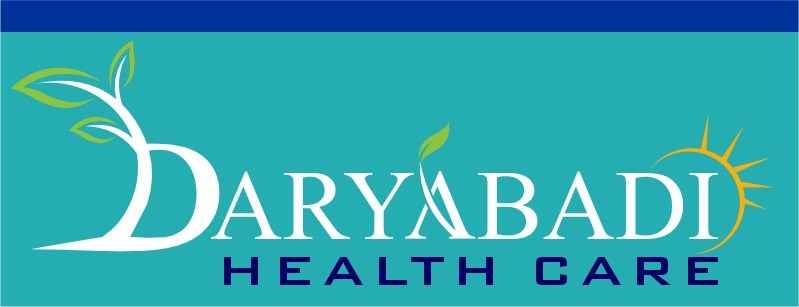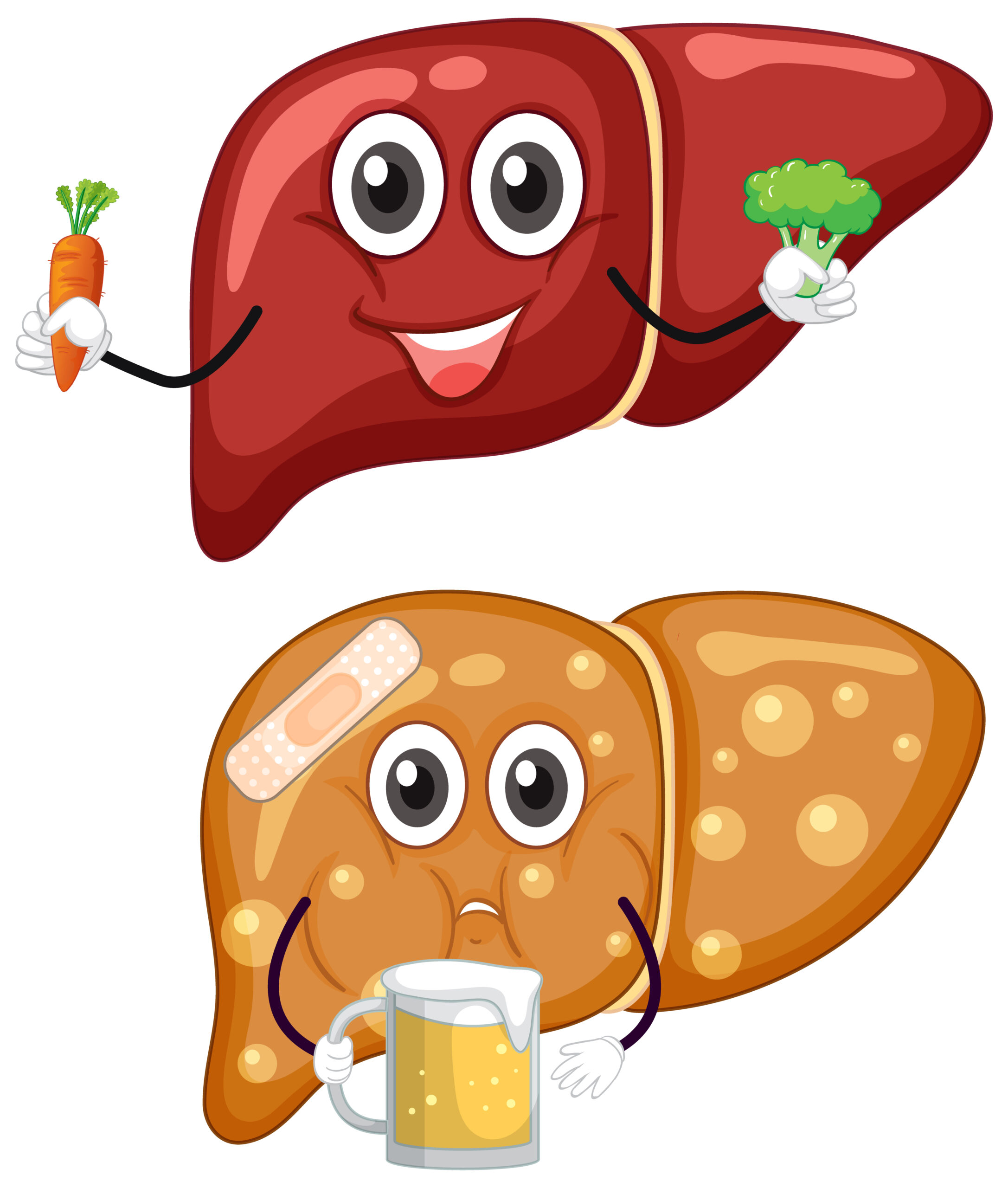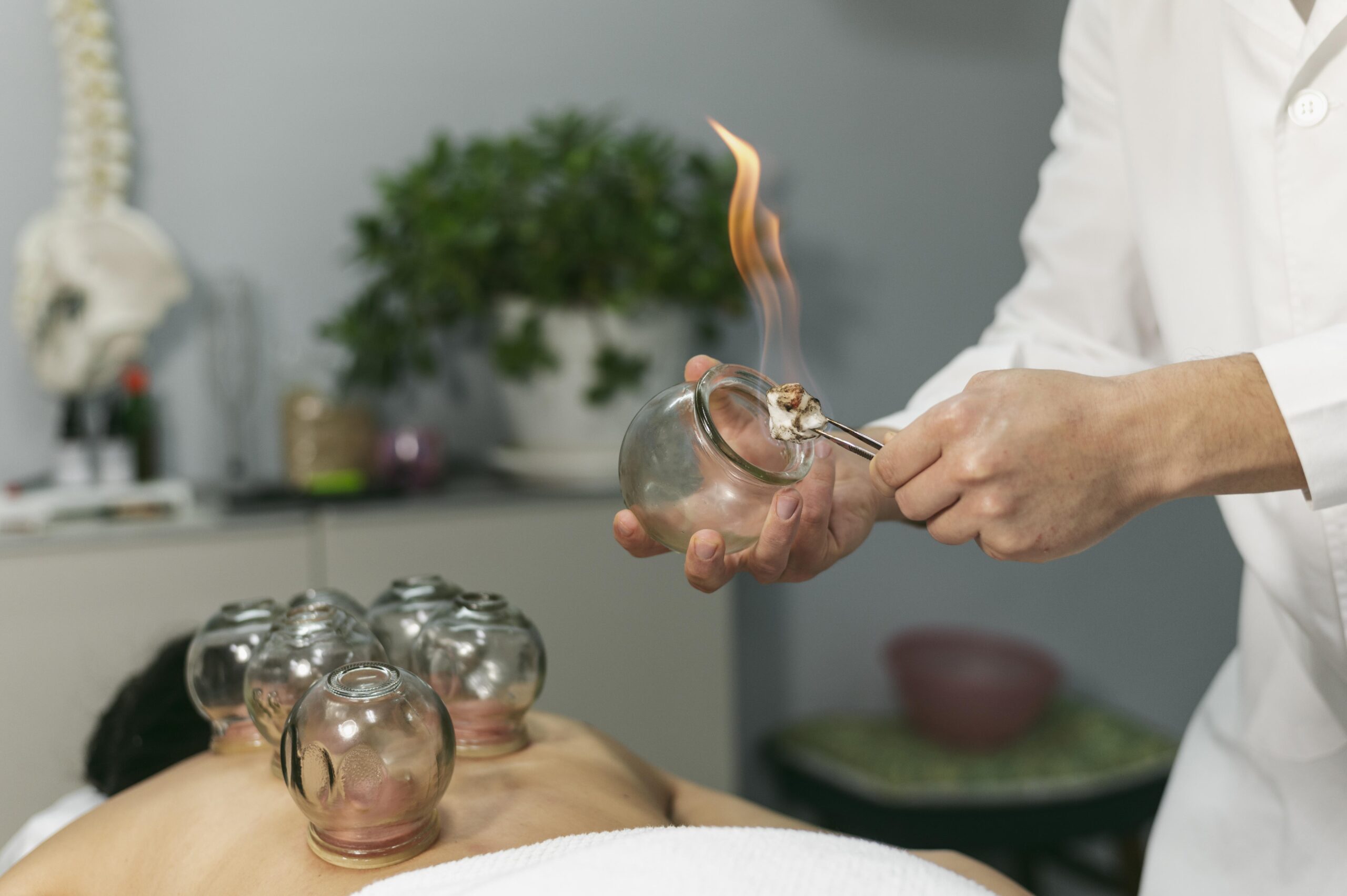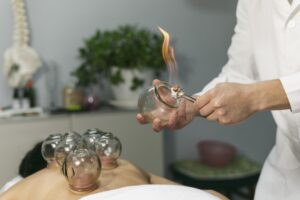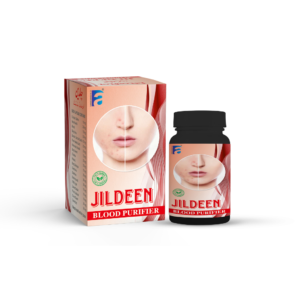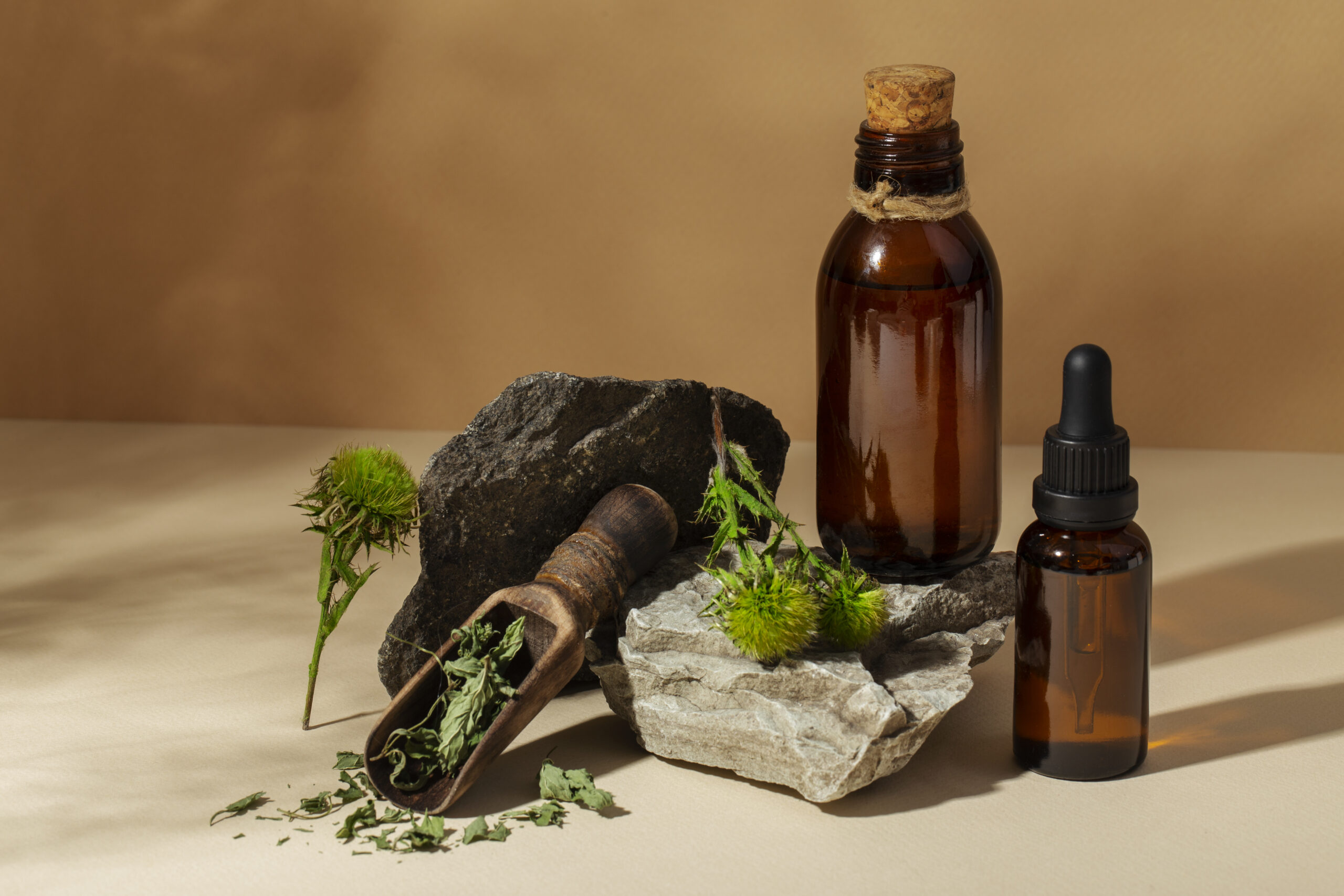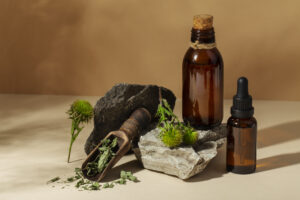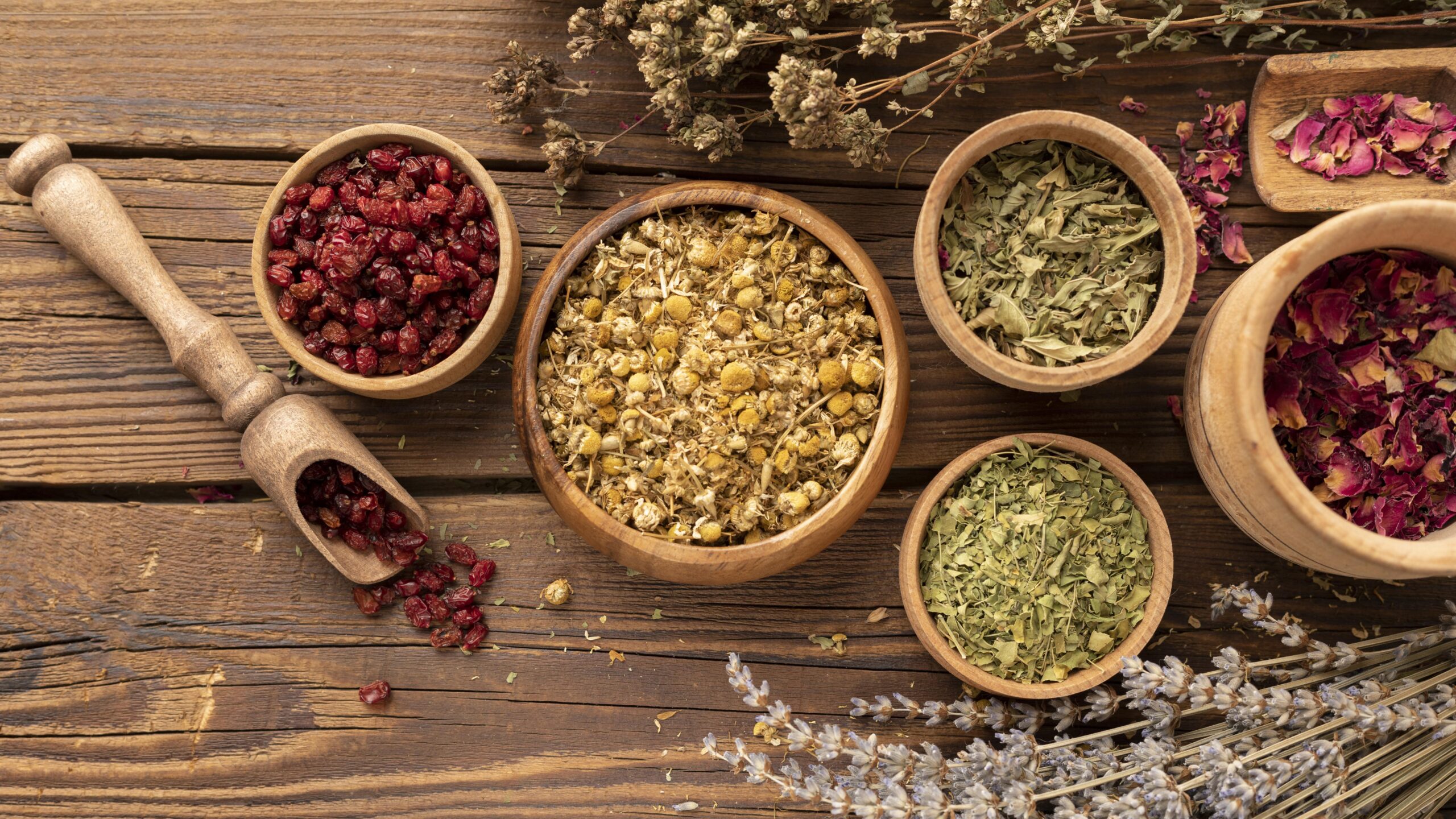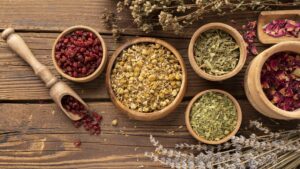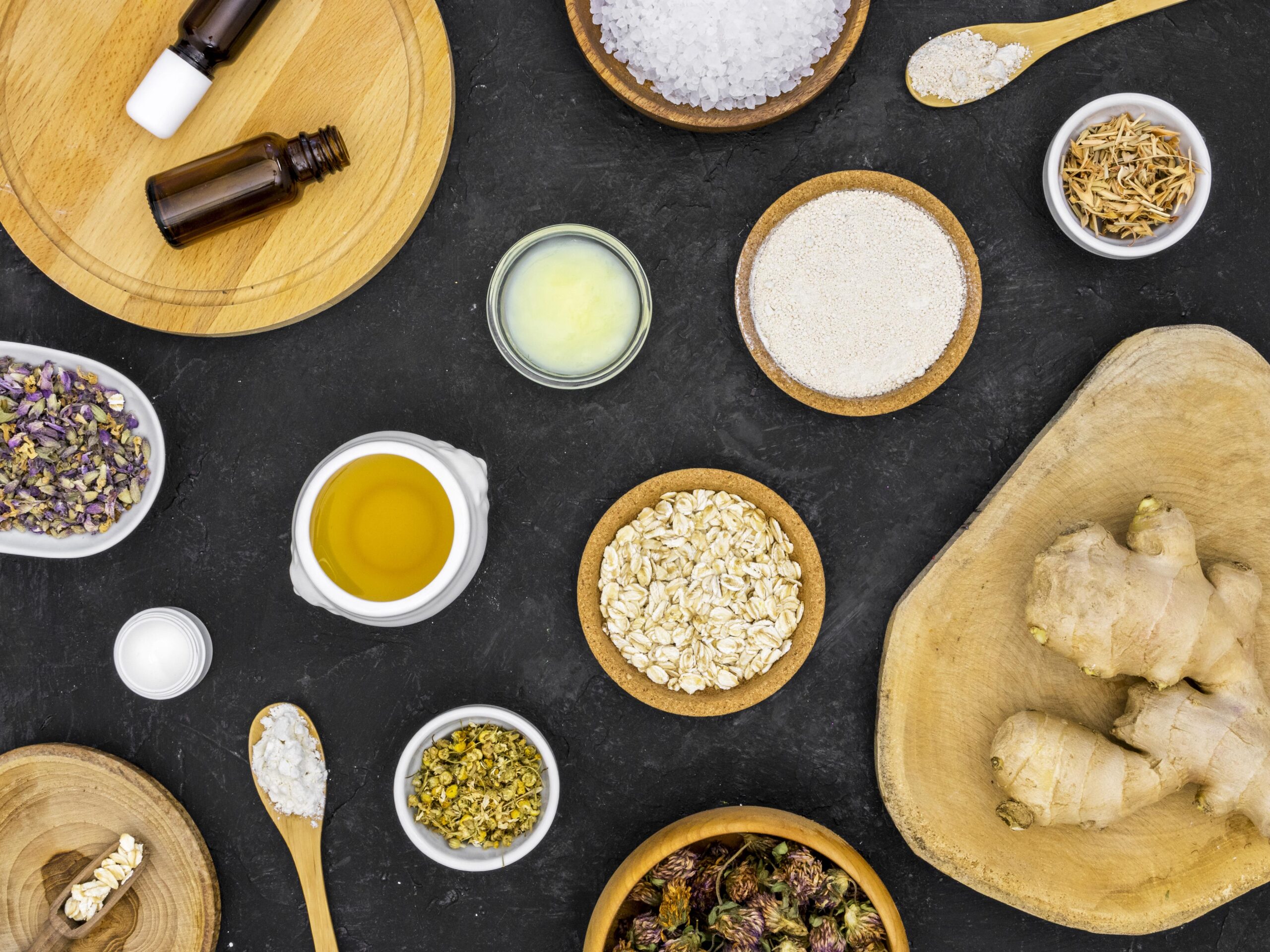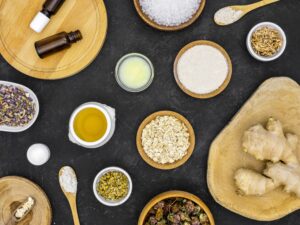NURTURING YOUR LIVER: INDIAN HERBS FOR LIVER HEALTH AND DETOXIFICATION
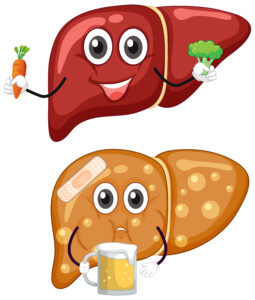
INTRODUCTION:
The liver is a vital organ responsible for numerous metabolic functions, including detoxification, nutrient metabolism, and bile production. In today’s world, where exposure to toxins and unhealthy lifestyle habits can strain the liver, maintaining optimal liver health is crucial for overall well-being. In traditional Indian medicine systems like Ayurveda, several herbs are revered for their ability to support liver function and promote detoxification. In this blog, we’ll explore some of these Indian herbs known for their hepatoprotective properties and their role in nurturing liver health.
DISCLAIMER: The information provided in this blog is for educational and informational purposes only and is not intended as medical advice. The content is not intended to diagnose, treat, cure, or prevent any disease. Readers are advised to consult with a qualified healthcare professional regarding their specific health concerns and before starting any herbal remedies or health regimen. While every effort has been made to ensure the accuracy and completeness of the information presented, the author and publisher assume no responsibility for any errors or omissions. The use of herbal remedies and traditional medicine should be undertaken with caution and under the guidance of a qualified healthcare practitioner, especially for individuals with pre-existing medical conditions or those taking medications. The inclusion of specific herbs or formulations in this blog does not imply endorsement or recommendation. Individual responses to herbal remedies may vary, and it is important to consider individual health needs and sensitivities. Always read product labels and instructions carefully before use. By accessing and using this blog, readers acknowledge and agree to the terms of this disclaimer and release the author and publisher from any liability arising from the use or misuse of the information provided.
UNDERSTANDING THE IMPORTANCE OF LIVER HEALTH:
Before delving into specific herbs, let’s understand why liver health is essential. The liver performs several critical functions that are vital for overall health:
- Detoxification: The liver plays a central role in detoxifying harmful substances from the body, including toxins, drugs, and metabolic waste products. It metabolizes these substances into less harmful compounds that can be eliminated from the body.
- Metabolism: The liver is involved in metabolizing nutrients from food, including carbohydrates, fats, and proteins. It synthesizes important molecules like cholesterol, bile, and certain proteins necessary for various physiological processes.
- Storage: The liver stores essential nutrients such as vitamins (e.g., vitamin A, vitamin D, vitamin B12) and minerals (e.g., iron, copper). It also stores glycogen, a form of glucose that serves as an energy reserve.
- Bile Production: The liver produces bile, a digestive fluid that aids in the digestion and absorption of fats in the small intestine. Bile is essential for emulsifying fats and facilitating their breakdown by digestive enzymes.
Given the liver’s critical role in maintaining overall health, it’s important to support its function through a healthy lifestyle and the use of herbal remedies that promote liver health and detoxification.
INDIAN HERBS FOR LIVER HEALTH AND DETOXIFICATION:
Turmeric (Curcuma longa):
Turmeric is a golden-yellow spice widely used in Indian cuisine and traditional medicine. It contains a compound called curcumin, which exhibits potent antioxidant and anti-inflammatory properties. Curcumin has been shown to protect the liver from damage caused by toxins and oxidative stress. It also stimulates bile production, aiding in digestion and detoxification. Consuming turmeric regularly, either as a spice in cooking or in the form of supplements, can support liver health and promote overall well-being.
Milk Thistle (Silybum marianum):
Milk thistle, also known as “Kakamachi” in Ayurveda, is a prickly plant native to the Mediterranean region and has been used for centuries for its hepatoprotective properties. The active compound in milk thistle, silymarin, is a powerful antioxidant that helps protect liver cells from damage and promotes regeneration. Silymarin also supports detoxification by enhancing the liver’s ability to remove toxins from the body. Milk thistle supplements are commonly used to support liver health and may be beneficial for individuals with liver conditions such as fatty liver disease and hepatitis.
Indian Gooseberry (Emblica officinalis):
Indian gooseberry, or “Amla,” is a revered fruit in Ayurveda known for its rejuvenating and antioxidant properties. It is rich in vitamin C, which plays a crucial role in liver detoxification and immune function. Amla also contains bioactive compounds like tannins and flavonoids, which help protect the liver from oxidative damage and support its detoxification processes. Consuming fresh amla fruit, amla juice, or amla supplements can provide liver-supportive benefits and enhance overall health.
Picrorhiza (Picrorhiza kurroa):
Picrorhiza, also known as “Kutki,” is a perennial herb native to the Himalayan region and has been used in Ayurvedic medicine for its hepatoprotective properties. The active compounds in picrorhiza, including kutkin and picroside, have been shown to protect liver cells from damage caused by toxins and inflammation. Picrorhiza also stimulates bile production and improves bile flow, supporting digestion and detoxification. Kutki supplements are commonly used to promote liver health and may be beneficial for individuals with liver disorders such as jaundice and hepatitis.
Guduchi (Tinospora cordifolia):
Guduchi, also known as “Giloy,” is a climbing shrub native to India and has been used in Ayurvedic medicine for its immunomodulatory and hepatoprotective properties. The active compounds in guduchi, including alkaloids and glycosides, help protect the liver from damage and enhance its detoxification capacity. Guduchi also supports immune function, which is crucial for overall health and liver regeneration. Guduchi supplements are commonly used to support liver health and may be beneficial for individuals with liver disorders and compromised immune function.
Bhumyamalaki (Phyllanthus niruri):
Bhumyamalaki, also known as “Chanca Piedra,” is a small herbaceous plant native to India and has been used in Ayurvedic medicine for its hepatoprotective and diuretic properties. The active compounds in bhumyamalaki, including lignans and flavonoids, help protect the liver from damage and promote liver regeneration. Bhumyamalaki also exhibits diuretic effects, helping to eliminate toxins and excess fluids from the body. Bhumyamalaki supplements or herbal preparations are commonly used to support liver health and urinary tract function.
Neem (Azadirachta indica):
Neem is a versatile tree native to the Indian subcontinent and has been used in Ayurvedic medicine for its antibacterial, antifungal, and hepatoprotective properties. The active compounds in neem, including nimbin and nimbidin, help protect the liver from damage caused by toxins and oxidative stress. Neem also supports digestion and detoxification, making it beneficial for overall liver health. Neem supplements or neem-based herbal formulations are commonly used to support liver function and promote detoxification.
Incorporating Herbal Remedies into Your Routine:
When using herbal remedies for liver health and detoxification, it’s important to do so under the guidance of a qualified healthcare practitioner, especially if you have underlying health conditions or are taking medications. Here are some tips for incorporating herbal remedies into your routine:
- Consult with a Healthcare Practitioner: Before starting any herbal supplement regimen, consult with a qualified healthcare practitioner to ensure it is safe and appropriate for your individual needs.
- Choose High-Quality Supplements: Select herbal supplements from reputable brands that adhere to quality standards and are free from contaminants.
- Follow Recommended Dosages: Follow the recommended dosages provided on the product label or as advised by your healthcare practitioner. Avoid exceeding recommended dosages without guidance.
- Monitor Your Response: Pay attention to how your body responds to herbal remedies. If you experience any adverse reactions or discomfort, discontinue use and consult with your healthcare practitioner.
- Combine with Healthy Lifestyle Practices: Herbal remedies work best when combined with healthy lifestyle practices such as eating a balanced diet, exercising regularly, staying hydrated, and getting adequate rest.
CONCLUSION:
Nurturing liver health and supporting its detoxification processes is essential for Overall well-being and longevity. Indian herbs like turmeric, milk thistle, Indian gooseberry, and others have been valued for centuries for their hepatoprotective properties and ability to promote liver health. By incorporating these herbs into your routine, along with adopting healthy lifestyle practices, you can support liver function, enhance detoxification, and optimize your overall health and vitality. Remember to consult with a healthcare practitioner before starting any new herbal supplement regimen, especially if you have underlying health conditions or are taking medications. With the right approach, you can nurture your liver and enjoy the benefits of vibrant health and vitality.
